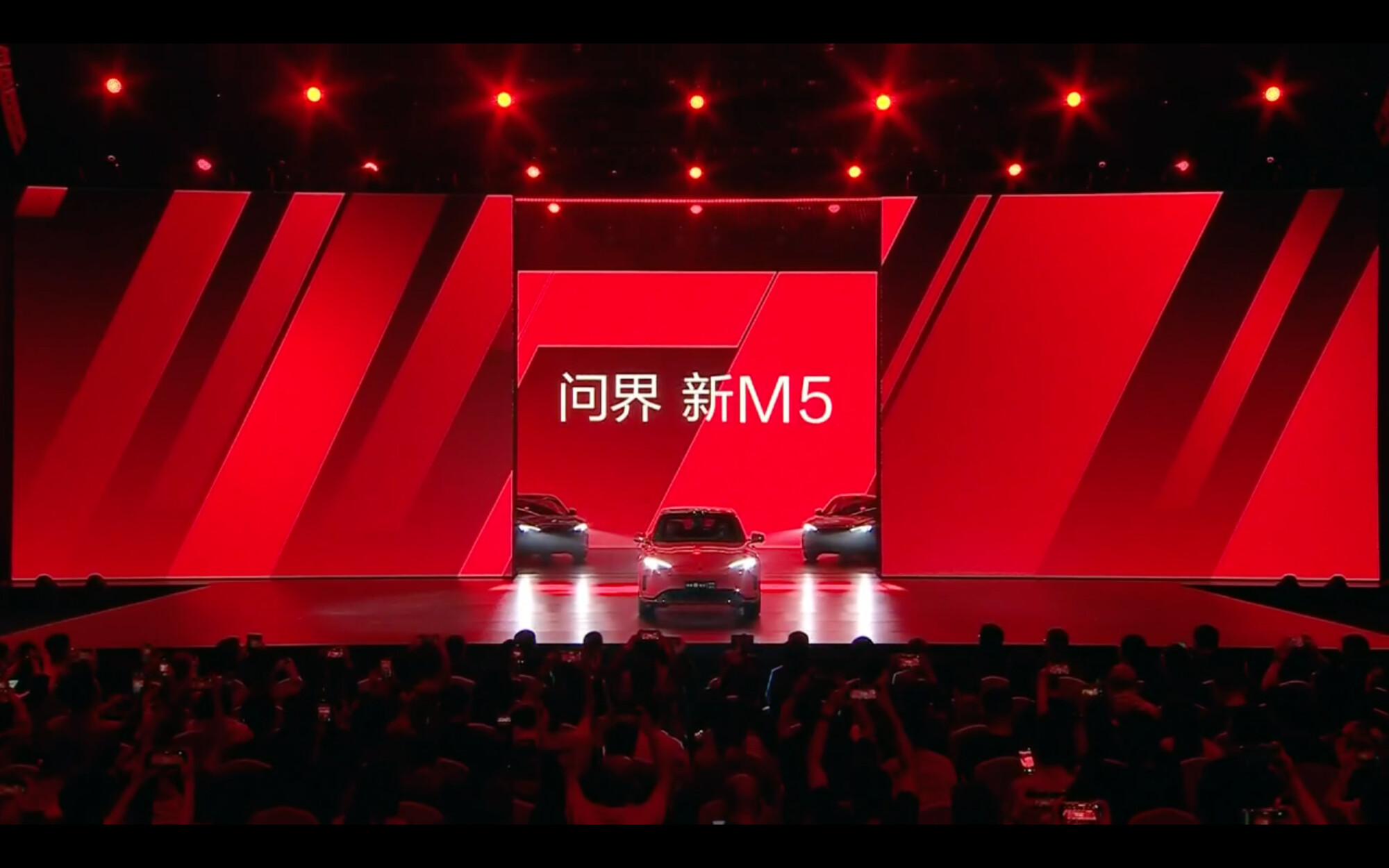TOKYO/SINGAPORE — The Tokyo Stock Exchange has welcomed its first listing by an Asian company under a framework providing greater investor access, with more than two dozen other foreign names weighing the Japanese market as an alternative to faraway New York and unstable Hong Kong.
Singapore-based Omni-Plus System debuted Japanese depositary receipts on the TSE’s startup-heavy Mothers market. The company, which sells plastics for such products as appliances and vehicles in Southeast Asia and Japan, is only the second foreign company to list JDRs, after American chip design company Techpoint’s 2017 offering.
The listing comes as the TSE, with government encouragement, leads Tokyo’s bid to become a magnet for Asia’s growing ranks of unlisted startups, particularly Southeast Asian names.
“The number of companies from Singapore, Taiwan and elsewhere in Asia that are waiting in the wings is growing rapidly,” said Yoshihisa Harada at Mitsubishi UFJ Trust and Banking, which has provided support for JDR offerings since the system’s inception. The bank is now working with more than 30 foreign businesses.
In terms of listing merits, Tokyo stands as a just-right “Goldilocks” destination. Hong Kong’s status as one of the region’s premier financial centers is being threatened by political factors, while Singapore lacks Japan’s deep base of retail traders. Companies that would risk being overshadowed by billion-dollar startups in the U.S. could still make a splash in Japan.
More businesses have been setting their sights on the Mothers market, which is popular among individual investors. Trading volume on the board totaled roughly $400 billion last year, more than 40 times the tally in similar startup-oriented markets in Hong Kong and Singapore.
The relatively high price-earnings ratios seen on the Mothers board are attractive to startups hoping for big valuations. Tokyo listings look like a realistic option for Asian companies considering partnerships with Japanese businesses or seeking cheap financing there.
“Now that we’ve seen the first Asian JDR listing, more Asian companies may seriously consider listing on the TSE,” said Chiharu Goto, chief financial officer at Spiral Ventures, a Japanese venture capital firm that invests in companies in Southeast Asia and India.
Depositary receipts are securities representing shares in a company that are traded outside that company’s home country. Global names such as Toyota Motor and Sony have American depositary receipts listed in New York, for example.
JDRs offer some advantages over direct listings in terms of investor access. Trading systems at brokerages in Japan treat Tokyo-listed shares of overseas companies as foreign stocks, which investors need a special type of account to trade. JDRs, by contrast, can be traded on the same account as normal Japanese stocks, and may be traded on margin as well.
The TSE looks to draw foreign companies, whether through JDRs or other routes, by promoting cross-border listings. Taiwanese startup Appier Group debuted directly on the Mothers market in March.
This goal is seen as a key step in Tokyo’s quest to boost its stature as a center for international finance. Only four overseas-based companies were listed on the TSE at the end of 2020, making up 0.1% of the total — a far cry from Singapore’s 34% or Hong Kong’s 7%.
The bourse has had some difficulties with foreign companies in the past. Asia Media, the first mainland Chinese company to list directly on the TSE, was delisted in 2008 after a top executive was found to have misappropriated funds.
This has driven a greater focus on transparency and investor protections. Now, companies with JDRs are bound to similar disclosure requirements as listed Japanese businesses, including securities and governance reports. The TSE also recommends that companies appoint Japanese-speaking investor relations representatives.





